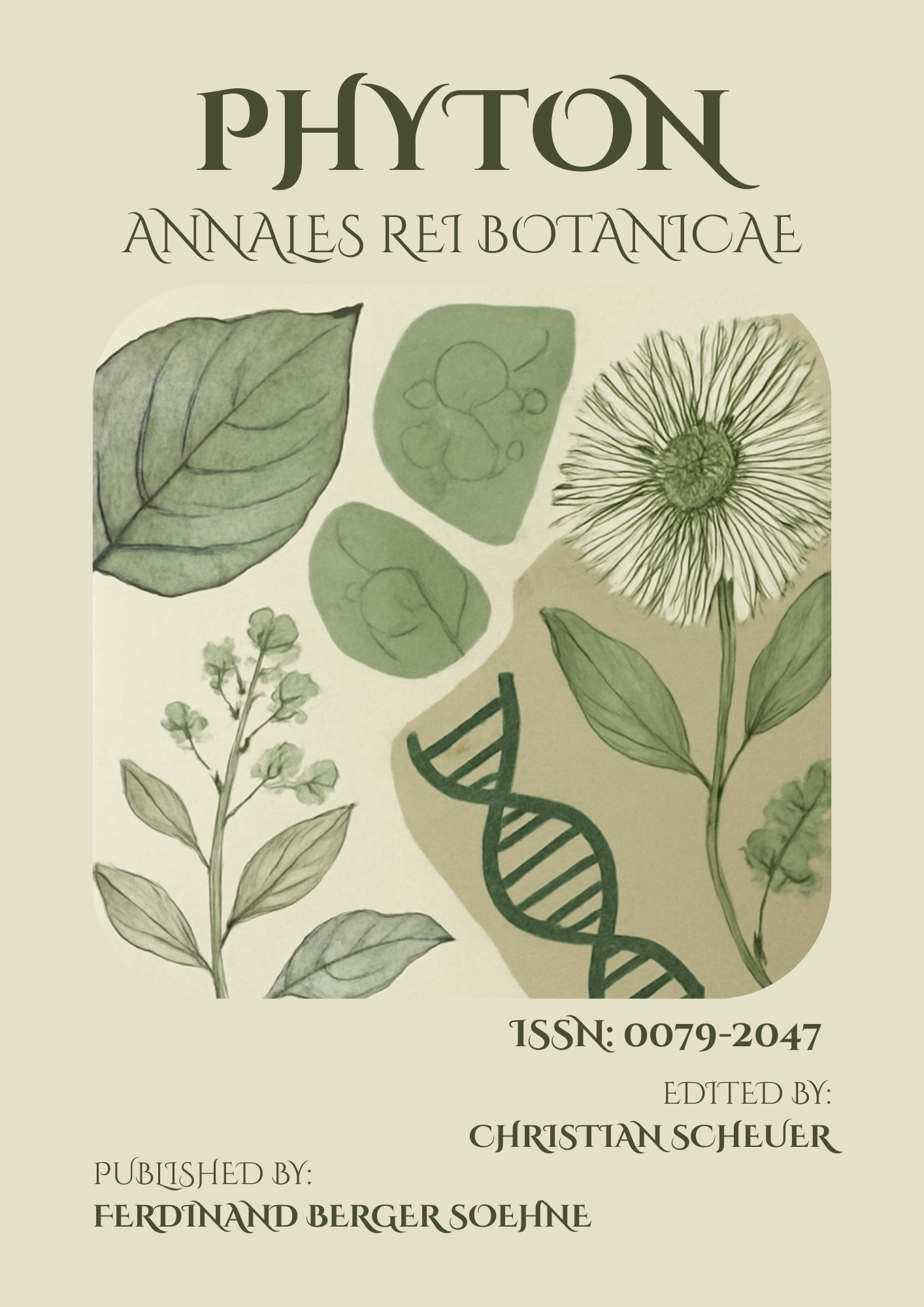The Economic and Environmental Impact of Sustainable Agriculture in Rural China
Keywords:
Sustainable Agriculture, Organic Farming, Agroecology, Rural Development, China, Environmental ImpactAbstract
Sustainable agriculture plays a crucial role in improving food security and promoting environmental sustainability. This study explores the economic and environmental impacts of sustainable agricultural practices in rural China, particularly focusing on organic farming and agroecological methods. The research utilizes data from several rural counties in China to assess the effectiveness of sustainable practices in reducing environmental degradation, increasing crop yields, and enhancing farmers’ incomes. The study finds that organic farming leads to improved soil fertility and water conservation, while also contributing to higher market prices for agricultural products. However, it also identifies challenges, such as the high initial investment required for transitioning to organic practices and the lack of government support for smallholder farmers. The paper concludes by recommending policies that encourage sustainable farming, such as subsidies for organic farming inputs, training programs for farmers, and improved access to markets for organic products.
Published
How to Cite
Issue
Section
License
Copyright (c) 2022 PHYTON-ANNALES REI BOTANICAE

This work is licensed under a Creative Commons Attribution-NonCommercial-ShareAlike 4.0 International License.
This article is published under the terms of the Creative Commons Attribution-NonCommercial-ShareAlike 4.0 International License (CC BY-NC-SA 4.0). Readers may share and adapt the material for non-commercial purposes, provided appropriate credit is given and adaptations are shared under the same license.



